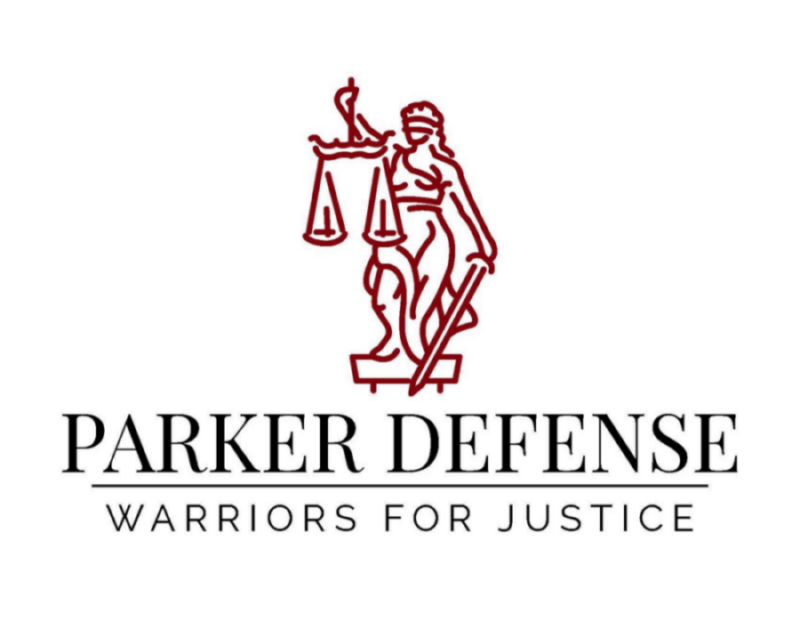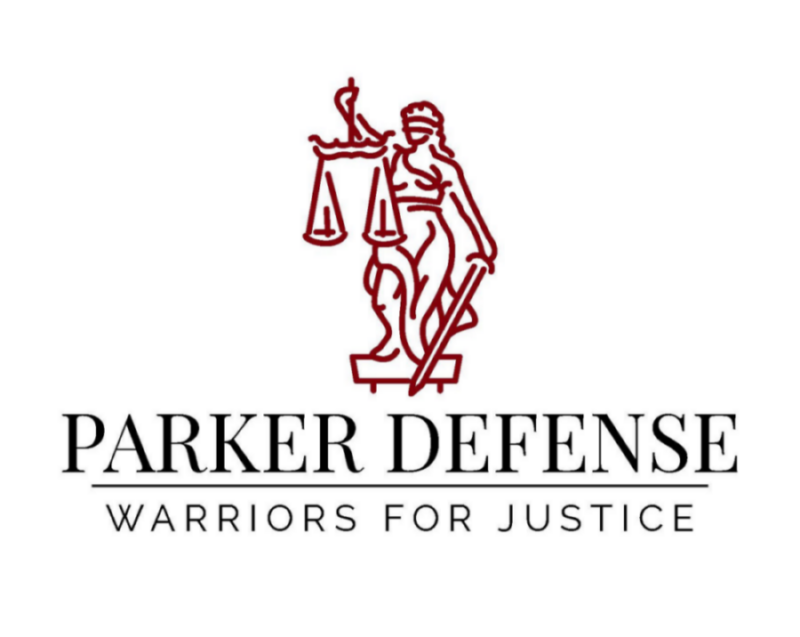Our office defends misdemeanor and felony charges in Houston, Texas, and beyond.
Consultation
You’ve been accused of a crime. What are you rights? Do you have a case? There can be many questions in a time like this but you’re not alone! Parker Defense is here to guide you, support you, and defend your case. Schedule a consultation with our firm to get your immediate questions answered, and make a plan for your next steps.
Criminal Defense
Shawnda Parker, Esq. is your best defense. Whether you’re facing charges for:
Drug Possession, DWI, Assault, Theft, Prostitution, Reckless driving, Weapons charges, or others… You need an expert by your side!
Drug Possession
Texas law classifies controlled substances in one of four penalty groups. Generally, the severity of the substance and the criminal charge starts at penalty group 1 and goes all the way up to penalty group 4, decreasing in severity as the penalty group increases. Nonetheless, every charge and case is unique.
Group 1: The drugs included in Penalty Group 1 are the most heavily regulated in Texas. Essentially, this group includes substances deemed to be the most dangerous and addictive.
Group 2: In Texas, Penalty Group 2 drugs are slightly less dangerous than Penalty Group 1 substances. Generally, this grouping is made up of some common hallucinogenic drugs.
Group 3: Penalty Group 3 includes many controlled substances that have a depressive or stimulant effect.
Group 4: Penalty Group 4 is made up of a wide range of other controlled prescription medications, which carry the potential for abuse. Special Category: Marijuana is handled as its own distinct category apart from the above-mentioned four penalty groups.
Special Category: Marijuana is handled as its own distinct category apart from the above-mentioned four penalty groups.
The next important factor has to do with the weight of the controlled substance. With weight, the issue is the same regardless of which group the controlled substance falls under. Any amount above 4 grams by weight will be charged as a felony under Texas law. For smaller amounts, you will face up to a year in county jail. But a conviction for more than 400 grams of a Group 2-A substance carries a potential sentence of between 2 and 20 years in state prison as well as a fine of up to $10,000.
DWI
Driving While Intoxicated (or Driving While Impaired) – – know what you’re up against!
You are legally intoxicated in Texas when your blood alcohol concentration reaches 0.08%. But you are breaking the law as soon as drugs or alcohol affect your driving.
If you are charged with a DWI in the state of Texas, you need to understand what you’re dealing with. You will hear phrases like “alcohol concentration” and “intoxicated”. Here’s what those phrases mean according to the law:
“Alcohol Concentration” means the number of grams of alcohol per:
- 210 liters of breath
- 100 milliliters of blood
- 67 milliliters of urine
“Intoxicated” means:
- Not having the normal use of mental or physical faculties by reason of the introduction of alcohol, a controlled substance, a drug, a dangerous drug, a combination of two or more of those substances, or any other substance into the
- Having an alcohol concentration of 08 or more.
Prostitution
- Texas Penal Code defines prostitution as: a scheme, plan, design, venture, or business undertaking in which at least two persons agree, offer, and provide sexual conduct in exchange for compensation.A person commits an offense if:
- A person commits an offense if the person knowingly offers or agrees to receive a fee from another to engage in sexual conduct.
- A person commits an offense if the person knowingly offers or agrees to pay a fee to another person for the purpose of engaging in sexual conduct with that person or another.
Assault
There are several types of assault recognized in the state of Texas.
Assault.
A person commits an offense if the person:
- intentionally, knowingly, or recklessly causes bodily injury to another, including the person’s spouse
- intentionally or knowingly threatens another with imminent bodily injury, including the per- son’s spouse
- intentionally or knowingly causes physical contact with another when the person knows or should reasonably believe that the other will regard the contact as offensive.
Theft
A person commits an offense if he unlawfully appropriates property with intent to deprive the owner of property. Appropriation is unlawful if:
- it is without the owner’s effective consent;
- the property is stolen and the actor appropriates the property knowing it was stolen by another; or
- property in the custody of any law enforcement agency was explicitly represented by any law enforcement agent to the actor as being stolen and the actor appropriates the property believing it was stolen by another.
Theft of Service
A person commits theft of service if, with intent to avoid payment for service that the actor knows is provided only for compensation:
- the actor intentionally or knowingly secures performance of the service by deception, threat, or false token;
- having control over the disposition of services of another to which the actor is not entitled, the actor intentionally or knowingly diverts the other’s services to the actor’s own benefit or to the benefit of another not entitled to the services;
- having control of personal property under a written rental agreement, the actor holds the property beyond the expiration of the rental period without the effective consent of the owner of the property, thereby depriving the owner of the property of its use in further rentals; or
- the actor intentionally or knowingly secures the performance of the service by agreeing to provide compensation and, after the service is rendered, fails to make full payment after receiving notice demanding payment.
Reckless driving
- A person commits an offense if the person drives a vehicle in willful or wanton disregard for the safety of persons or
- An offense under this section is a misdemeanor punishable by:
- a fine not to exceed $200;
- confinement in county jail for not more than 30 days; or
- both the fine and the confinement.
- Notwithstanding Section 001, this section applies to:
- a private access way or parking area provided for a client or patron by a business, other than a private residential property or the property of a garage or parking lot for which a charge is made for the storing or parking of motor vehicles; and
- a highway or other public place.
Weapons charges
Most unlawful carry weapons offenses are considered Class A misdemeanors. This means you could face up to one year in jail and a $4,000 fine if you knowingly carry a gun in public without a permit or violate the rules of your concealed carry license.
Unlawful Carrying Weapons.
- A person commits an offense if the person:
- intentionally, knowingly, or recklessly carries on or about his or her person a handgun; and
- is not:
- on the person’s own premises or premises under the person’s control; or
- inside of or directly en route to a motor vehicle or watercraft that is owned by the person or under the person’s control.
(a-1) A person commits an offense if the person intentionally, knowingly, or recklessly carries on or about his or her person a handgun in a motor vehicle or watercraft that is owned by the person or under the person’s control at any time in which:
- the handgun is in plain view, unless the person is licensed to carry a handgun under Subchapter H, Chapter 411, Government Code, and the handgun is carried in a shoulder or belt holster; or
- the person is:
- engaged in criminal activity, other than a Class C misdemeanor that is a violation of a law or ordinance regulating traffic or boating;
- prohibited by law from possessing a firearm; or
- a member of a criminal street gang, as defined by Section 01.
Unlawful Carrying Of Handgun By License Holder.
(a) A license holder commits an offense if the license holder carries a handgun on or about the license holder’s person under the authority of Subchapter H, Chapter 411, Government Code, and intentionally displays the handgun in plain view of another person in a public place. It is an exception to the application of this subsection that the handgun was partially or wholly visible but was carried in a shoulder or belt holster by the license holder.

